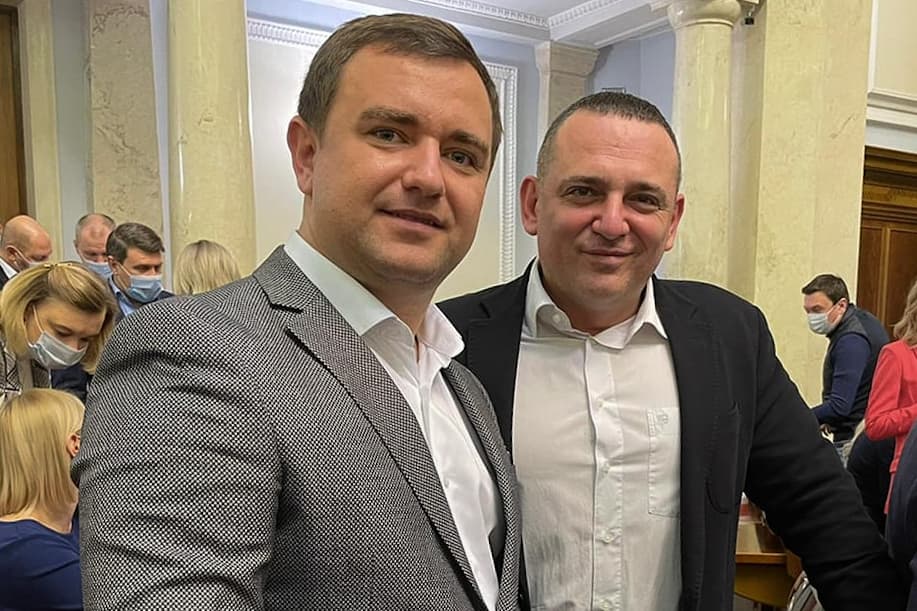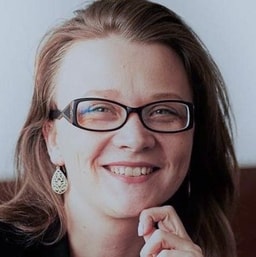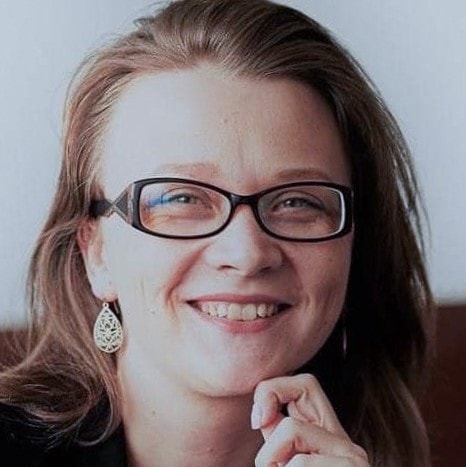Zelensky's party lawmaker buys nationwide television channel

Oleksiy Kovalov, a lawmaker with the ruling 242-member Servant of the People party, announced on Dec. 28 that he has bought the nationwide TV Channel 4.
Kovalov said that the broadcaster with its team of 200 people will preserve its “pro-Ukrainian vector” and independent editorial policy.
“Our family decided to buy a TV channel and make it even better, more powerful and more popular,” Kovalev wrote on Facebook.
He also claimed that Channel 4 is “the only one in the country equally distant from all political and oligarchic groups.”
However, some media experts believe that the purchase is meant to strengthen positive coverage of President Volodymyr Zelensky, who heads Kovalov's party.
Natalia Ligacheva, head of the watchdog Detector Media, called it a political purchase “to make the dream of Zelensky and his team to have their own media come true… they continue to build their media empire.”
In a comment to Ukrainska Pravda, Kovalov denied Zelensky's involvement in the purchase.
After the Channel 4 purchase, Kovalov’s parents presumably became its beneficiaries, according to open data sources published by Ukrainska Pravda. Kovalev himself is listed as the sole proprietor of a legal entity called Interradio with a registered capital of $160,000.
Prior to the sale, Channel 4 belonged to Dmytro Dobrodomov, a former lawmaker. He has said it took four years to turn a little-known channel with three cameras, a small studio room and several employees into a national broadcaster. But the channel needs more money.
“Ambitious plans require significant investments, which the new owner of Channel 4 is ready to provide,” said Dobrodomov.
The estimated amount of money to keep the channel afloat is around $220,000-300,000 per month, according to Ligacheva.
“Kovalov does not have this money. This purchase is clearly not pursuing business goals,” Ligacheva said.
She believes that the purchase is part of an attempt by the president’s faction to increase control over the media, along with the nationwide expansion of two other TV channels: state channel Dom, which is broadcast in occupied territories and Rada, the official channel of parliament.
She said both are being turned into Zelensky’s mouthpieces. Dom journalists had previously reportedly complained of editorial pressure and being told to praise Zelensky’s projects more frequently.
“The (Rada’s channel) leadership does not control the broadcast, it is controlled by people from the presidential administration circle,” said Ligacheva.
“Channel 4 fits perfectly into this scheme.”
Ekonomichna Pravda previously reported that Kovalov may have allegedly received a $30,000 bribe to boycott a vote in 2019.
A native of the southern Kherson Oblast, Kovalov is a member of the parliamentary committee on finance, tax and customs policy.










